Watch 12 Angry Men full HD Free
Cast of 12 Angry Men
12 Angry Men full movie
12 Angry Men streaming free
12 Angry Men download
12 Angry Men online free
Where to watch 12 Angry Men

- Home
- Genre
-
Country
- Argentina
- Australia
- Austria
- Belgium
- Brazil
- Canada
- China
- Czech Republic
- Denmark
- Finland
- France
- Germany
- Hong Kong
- Hungary
- India
- Ireland
- Israel
- Italy
- Japan
- Luxembourg
- Mexico
- Netherlands
- New Zealand
- Norway
- Poland
- Romania
- Russia
- South Africa
- South Korea
- Spain
- Sweden
- Switzerland
- Taiwan
- Thailand
- United Kingdom
- United States of America
- Movies
- TV Series
- Top IMDb
Share
Share with link
Via social
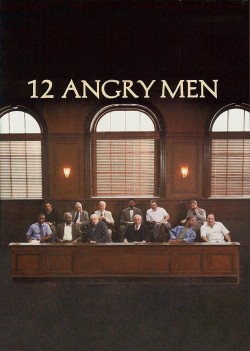
12 Angry Men
During the trial of a guy who is accused of killing his father, a single member of the jury decides to go against the guilty judgement that the other members of the jury have reached as a result of their biases and preconceived notions regarding the case. Reginald Rose is responsible for adapting this film from both his original 1957 film version (which was directed by Sidney Lumet) and from the Westinghouse One television program that came before it. In spite of being a righteous juror, Jack Lemmon not being awarded the Golden Globe for Best Actor, recipient Ving Rhames (for Don King) dedicated his prize to Lemmon. George C. Scott won a Golden Globe for his performance in a supporting role.
Read full
During the trial of a guy who is accused of killing his father, a single member of the jury decides to go against the guilty judgement that the other members of the jury have reached as a result of their biases and preconceived notions regarding the case. Reginald Rose is responsible for adapting this film from both his original 1957 film version (which was directed by Sidney Lumet) and from the Westinghouse One television program that came before it. In spite of being a righteous juror, Jack Lemmon not being awarded the Golden Globe for Best Actor, recipient Ving Rhames (for Don King) dedicated his prize to Lemmon. George C. Scott won a Golden Globe for his performance in a supporting role.
Production:
Country:
Duration:
117 m
Related
Matori and Kyoken: Men in the Back Alleys
TV
SS 1 / EPS 1
?
Narco Mennonites
TV
SS 1 / EPS 3
8.3
Mens Rea
2025
144min
7.9
Angry Wind
TV
SS 1 / EPS 24
?
12 Hours in October
2025
80min
3.6
Three Wisest Men
2025
84min
6.7
12 Toys of Christmas
2025
94min
4.6
The Son of a Thousand Men
2025
127min
7.4
Everything On The Menu with Braun Strowman
TV
SS 1 / EPS 8
7.9
The Disappearance of Josef Mengele
2025
135min
7.1
1000 Men and Me: The Bonnie Blue Story
2025
60min
?
Menem: The President Show
TV
SS 1 / EPS 6
7.4
Mentiras, The Series
TV
SS 1 / EPS 8
7.7
Real Men
TV
SS 1 / EPS 8
6.2
Suspect: The Shooting of Jean Charles De Menezes
TV
SS 1 / EPS 4
7.7
I Am Not Mendoza
TV
SS 1 / EPS 40
6.1
Connect us
© 2022 RapidFlix with ♥
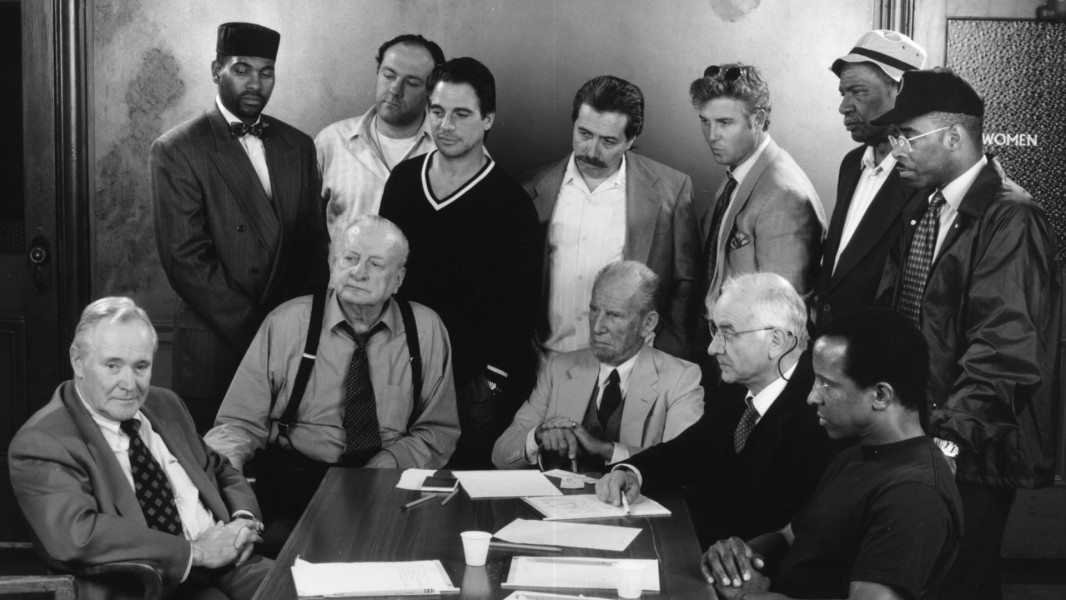

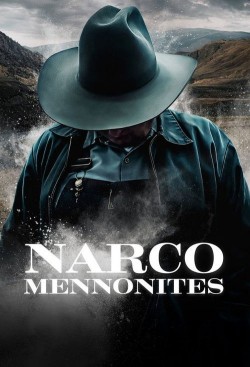

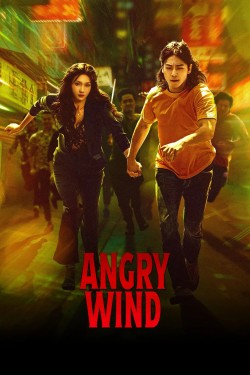





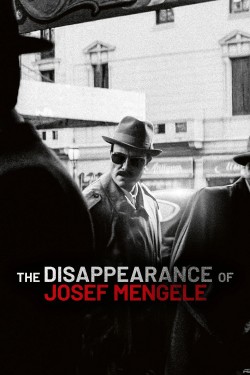


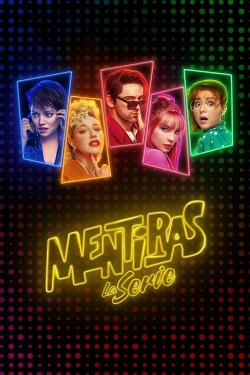


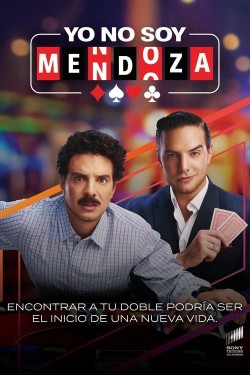
Discussion